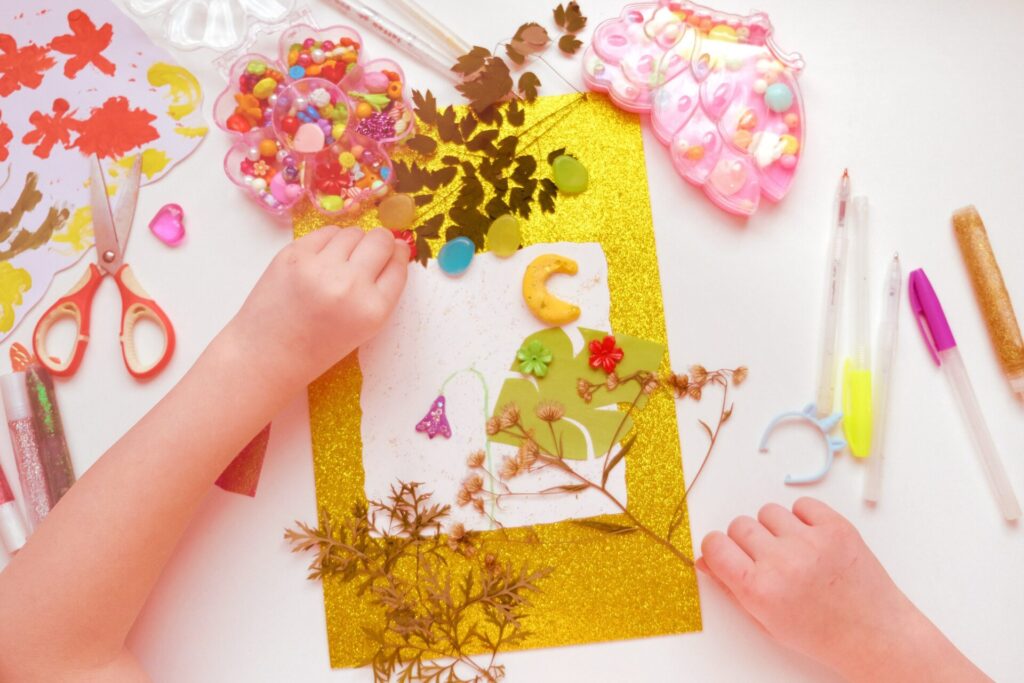
One of the age-old dilemmas that parents face is whether or not to let their children win every time they play a competitive game with one another. They hold themselves back from winning for a variety of reasons, including trying to avoid the meltdown that often follows a child’s losing to someone else. Parents also often choose to let their child win because they feel that the win will bolster his self esteem, or help the child feel the thrill of a victory.
So, the reasons that parents often choose to let their children win may be well-intentioned. However, upon further reflection, parents often ask me whether in fact, letting their child win is all good.
For example, you may realize that when your child plays games with other children, even older siblings, and especially depending on the other child’s skill level or luck, your child will not always be the winner. You may have already experienced what it’s like to mop up your child’s tears and console her when she loses. And if she’s not used to losing, the pain of not winning may be even harder. So, you may want to consider how helping your child develop a thicker skin, learn how to be a gracious opponent, and acknowledge that not every game will lead to a win, may be more helpful life skills.
Children who know their own strengths and how to focus on their personal best, often develop a healthier sense of self-worth than those who always need to win in order to feel good about themselves. If you encourage your children by mentioning the effort, improvement and interest that they are showing in developing a skill, they are more likely to develop the desire to continually improve that skill rather than focussing on how they compare to others.
Even though a win may offer a temporary burst of elation, but you may be giving your child a false sense of security that every game will lead to a victory. So, experiencing a combination of winning and losing maybe a better way of helping her develop a more realistic approach when playing competitive games.
No one likes a sore loser and its normal to be concerned about how winning every time may not give your child the opportunity to work through the negative emotions she might experience and show when she doesn’t win. As a parent, acknowledging the loss, normalizing the feelings associated with not winning and talking about why someone doesn’t always win, are some of the ways to help your children on their journey to mastering the art of losing.
On the subject of why one doesn’t always win, you may want to help your child understand that when they play with someone older than themselves – an older sibling, friend or yourselves, for example – that they are at a disadvantage. Help them understand that the combination of advanced brain development and experience may make it more difficult for them to play opposite that person. Suggest other ways to balance things more fairly. If an older and younger sibling are playing a competitive game for example, giving the younger child a head start before the game begins or having two children play against one adult would create a fairer playing ground.
You may also suggest games of luck, rather than skill, when playing a game with your child. That way, both you and he are assured of an equal chance of winning. Another option is to consider having more collaborative, than competitive games, around for you to enjoy together. These, along with a few competitive games that allow you to help you child navigate through managing her emotions when losing, are a good idea too.
Through The Ages
Preschool
Most preschoolers do not play competitive games with others. Their play is mostly side by side, on their own, or more creative play with an adult that lends itself towards collaboration and having fun. So, there may not be too many opportunities to experience winning or losing at this young age. Young children will observe their older siblings and parents, and model the art of losing based on what they see.
School Aged
When children enter school, they are exposed to many situations in which competition is clear. Whether through comparing grades, competing at sports or through game playing, school aged children are able to clearly distinguish a loss from a win.
At this age, you can begin to expose your child to more of the grey areas in competition. For example, even though his friend may have scored the winning goal, point out how hard your child worked as a team player or played his personal best. In other words, help him understand that just because someone else has won, doesn’t mean that he is a loser.
Teens
If you have helped your child manage his emotions around competition and how to be a good sport during his younger years, your teen will more likely be able to identify his personal strengths and acknowledge that while others may be more skilled at succeeding in certain areas, that he may be just as good or better at others. And that even when he doesn’t place on top, that he’s not a failure.
Originally published in ParentsCanada magazine, Spring 2017.









